Tough smart wise-cracking private eyes in Bogey-style raincoats and crisp fedoras. Sleek sexy ladies with Bacall-type husky voices. Murderous gangsters and villains. Nosey cops. Dangerous thugs. Beautiful dames in slinky gowns who could eat you for lunch. Shadows draping over a rain-slickened midnight street. Booze. Guns. Jazz. And, over it all, the machinery of fate.
For 20 years, audiences in Hollywood and in other cities have thrilled to Noir City, the premier cinema festival devoted to what we call film noir – the movie genre that introduced us to a lot of the images above, and many more.
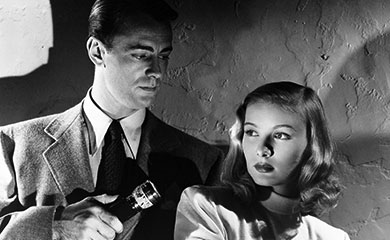
“The Blue Dahlia” (starring Alan Ladd and Veronica Lake) is Raymond Chandler’s only original screenplay.
The fest runs for 10 days – April 13-April 22 – and features 20 films. Each program starts at 7:30 p.m. Here’s a look at highlights for the first part of the festival; stay tuned for more recommendations. You may have seen some of these gems before. So see them one more time. (At least) They’ll catch your breath and tingle your spine all over again.
FRIDAY, April 13 (Opening Night)
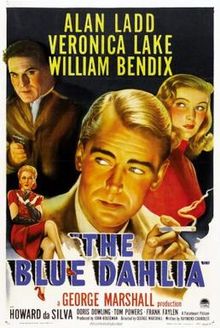 “The Blue Dahlia” (1946, George Marshall) An essential: Raymond Chandler’s only original screenplay, a tense look at three returning WWW2 vets (Alan Ladd, William Bendix and Hugh Beaumont), who fall into a post-war swamp of murder, infidelity, a “wrong man” and Veronica Lake’s peek-a-boo hairdo . Chandler, king of the noir writers (James Ellroy would disagree), was forced to use an ending here – and to finger a killer – that he hadn’t written and didn’t want. (You’ll be able to guess the killer that should have been almost instantly.) But the movie works anyway.
“The Blue Dahlia” (1946, George Marshall) An essential: Raymond Chandler’s only original screenplay, a tense look at three returning WWW2 vets (Alan Ladd, William Bendix and Hugh Beaumont), who fall into a post-war swamp of murder, infidelity, a “wrong man” and Veronica Lake’s peek-a-boo hairdo . Chandler, king of the noir writers (James Ellroy would disagree), was forced to use an ending here – and to finger a killer – that he hadn’t written and didn’t want. (You’ll be able to guess the killer that should have been almost instantly.) But the movie works anyway.
“I Love Trouble” (1948, S. Sylvan Simon)
A kind of Chandler pastiche: A smart-ass private-eye thriller, with detective Franchot Tone cracking wise amid the likes of Raymond Burr and John Ireland. The writer, Roy Huggins, later came up with TV’s “Rockford Files,” “77 Sunset Strip,” “The Fugitive” and (my favorite TV Western) “Maverick.”
SATURDAY, April 14
“L. A. Confidential” (1997, Curtis Hanson)
Three savvy L. A. cops (Russell Crowe, Guy Pearce and Kevin Spacey), their tyrannical chief (James Cromwell), a sleazy scandal magi publisher (Danny De Vito) and a gorgeous hooker who’s been cut to resemble Veronica Lake (Kim Besieger) are all enmeshed in L. A. ’50s police and governmental super-corruption. Maybe the greatest of the (fairly) contemporary post-war neo-noirs, stunningly executed by director Hanson and scriptwriter Brian Helgoland. James Ellroy wrote the book and he’ll be there to talk about it and the movie, with Eddie.
SUNDAY, April 15
“Kiss Me Deadly” (1956, Robert Aldrich)
Mickey Spillane was the most popular American crime novel writer (for a while, the most popular American writer period) when director Robert Aldrich and writer A. I. Bestrides did this brilliant demolition job on the pop and political culture that fed one of the Mick’s most brutal and misogynistic and cold-blooded thrillers. Ralph Meeker is a perfect, vicious Mike Hammer, Albert Becker, Jack Elam, Jack Lambert and Strother Martin are perfectly nasty heavies, and yeah, that’s Cloris Leachman in the first scene, flagging down Hammer’s car in the nude. And that’s Nat King Cole crooning the romantic ballad under the reverse credit crawl.
“City of Fear” (1959, Irving Lerner)
Vince Edwards is a con on the loose, with a suitcase full of deadly radioactive poison. One of the best of the cheapo arty B’s, from one of Marty Scorsese’s favorite low-budget helmers, Irving Lerner.
MONDAY, April 16
“Dark City” (1950, William Dieterle)
A gang of bickering grifters, led by Charlton Heston (in his off-type movie star debut) get in hot water after a crooked card game. Stylish Dieterle direction and a great cast (Lizabeth Scott, Viveca Lindfors, Ed Begley, Dean Jagger, Jack Webb and Henry Morgan) make this one a winner.
“Armored Car Robbery” (1950, Richard Fleischer)
One of the best of the cheapo non-arty B’s, by crime thriller ace Richard Fleischer. Charles McGraw is the good bad guy, William Talman is the bad bad guy, Adele Jergens is the bad girl.
TUESDAY, April 17
“He Walked by Night” (1948, Alfred Werker)
Richard Basehart plays a brainy heist guy pursued by the LAPD (and Steve Brodie) in this stunningly shot (by John Alton) crime thriller. I’ve always thought Jack Webb (who plays a tech cop) got a lot of ideas for “Dragnet” from this movie – some of which was directed by the uncredited noir expert Anthony Mann.
“Down Three Dark Streets” (1954, Arnold Laven)
FBI agent Broderick Crawford opens three case files (about Ruth Roman, Martha Hyer and Marisa Pavan) on his late friend’s desk and proceeds to unravel the past.
Sounds interesting.
WEDNESDAY, April 18
“Dragnet” (1954, Jack Webb)
Jack Webb again, with his Joe Friday magnum opus … dum-da-dum-dum! The names were changed to protect the innocent – but some of the names they kept were Ben Alexander (Friday’s Man Friday) and the underrated Richard Boone as their superior. “Hill Street Blues” and “Law and Order” it ain’t, but in a way, it paved the way for them.
“Loophole” (1954, Harold D. Schuster)
The powers that “B.” Barry Sullivan is a bank worker wrongly accused of filching the assets with relentless investigator Charley McGraw on his trail. Dorothy Malone too.
See the rest of the Noir City schedule next week.





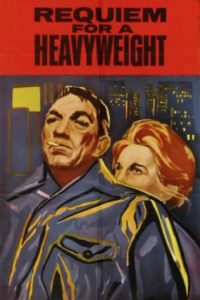
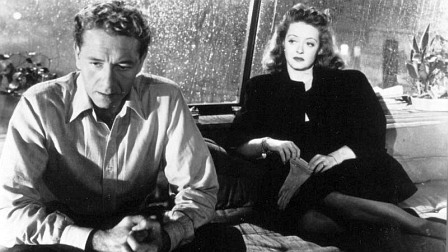

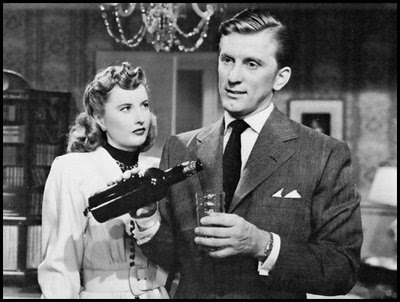
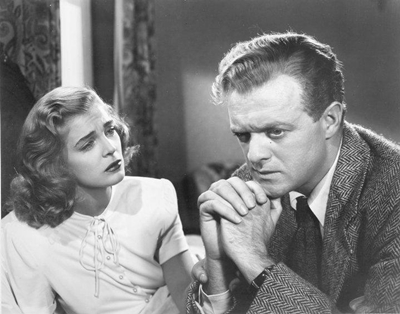
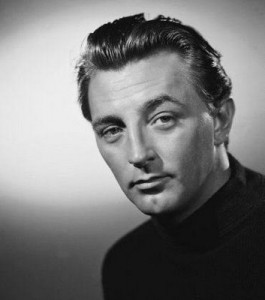
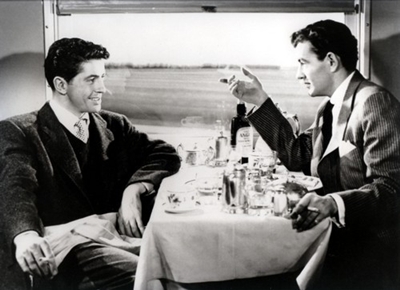
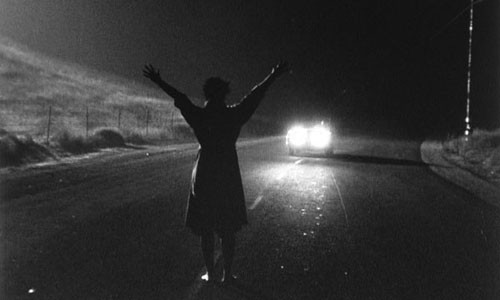
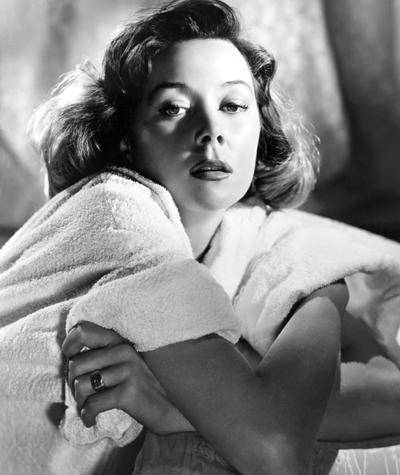
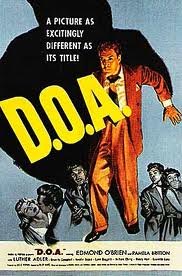
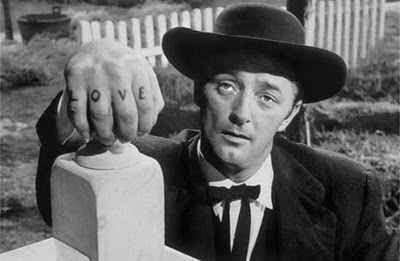
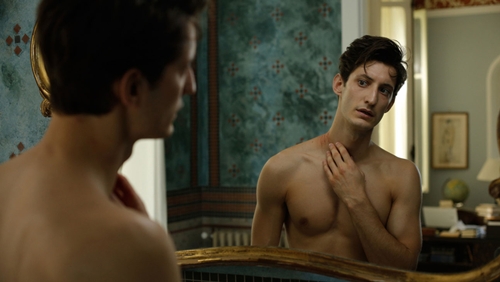
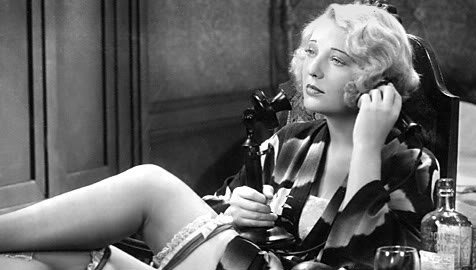
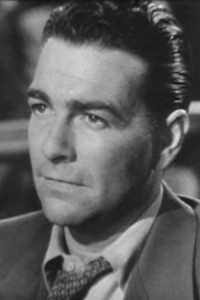
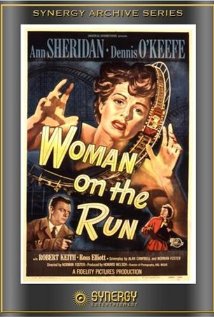
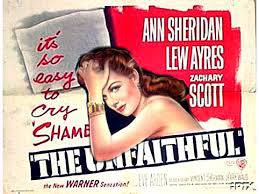
![NC13_Teaser[1]](http://www.filmnoirblonde.com/wp-content/uploads/2014/11/NC13_Teaser1.jpg)
![Dark-crimes-film-noir-thrillers-volume-2-dvd_360[1]](http://www.filmnoirblonde.com/wp-content/uploads/2014/11/Dark-crimes-film-noir-thrillers-volume-2-dvd_3601.jpg)
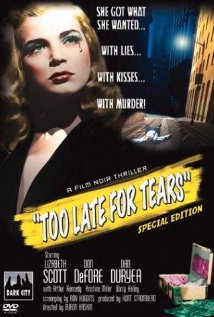





From FNB readers